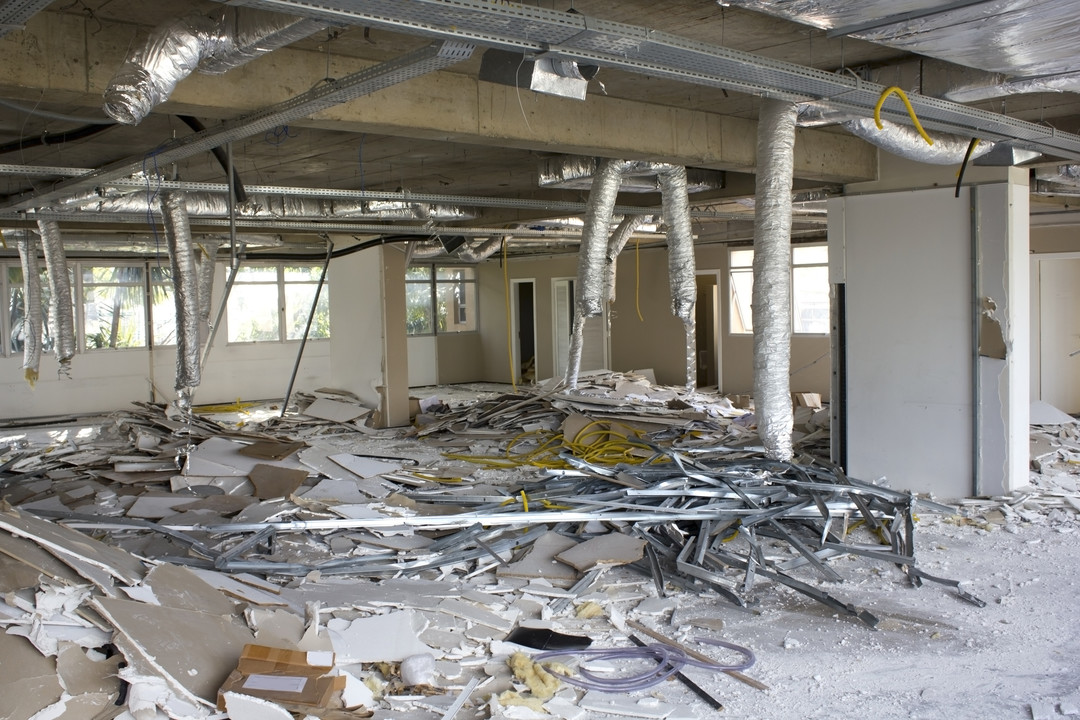
Commercial lease dilapidations
When entering a lease for commercial premises, as the tenant, you will be contractually obliged to maintain the property. The responsibilities set out in the contract will include specifics around redecoration and repair works. Some landlords may also require you to return the property in a prelease condition at the end of the term.
What are Dilapidations?
‘Dilapidations’ is the legal term used to describe any of these obligations that have not been met during the lease term which now constitutes a potential breach of contract.
What is a Schedule of Dilapidations?
Shortly before or after the end of the lease term your landlord may issue you with a Schedule of Dilapidations, this report will list all the dilapidations of the tenant’s lease obligations and state the repairs required to the premises to fulfil the contractual terms.
If the Schedule of Dilapidations is received before the end of the lease term then your landlord may update it at the end of the lease to reflect any changes to the premises you make in the interim period. This will provide you with an opportunity to potentially reduce liability by seeking contractors yourself.
If you don’t receive a Schedule of Dilapidations you may still have potential dilapidations obligations. Contacting an expert to give you advice before the end of the lease term will ensure you are fully prepared.
Dilapidations claims
Any dilapidations not put right before the end of the lease term could result in your landlord being eligible to submit a claim. This claim may require you to recompense them for the adverse financial position they find themselves in plus potential additional costs including rental payments for loss of income whilst the work is being carried out.
Top tips for tenants
To surmise, if your commercial premises lease is coming to the end:
1. Seek professional advice from a dilapidations expert at least 12 months before the end of the lease enabling you to make an informed choice regarding how to proceed.
2. Consider hiring a specialist contractor yourself to complete the work and avoid potential claims and additional expenses further down the line.
3. Keep in regular contact with your landlord about your intentions. Direct communication will be beneficial in solving any problems or concerns.
Dilapidations are complex, we have only touched on the basic principles in this article, for individually tailored advice from a specialist contractor contact Westone Housing on 01733 320500 or visit www.westonehousing.co.uk